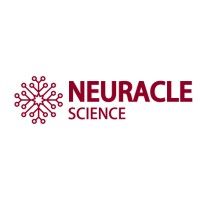Obesity is a significant global health and socio-economic challenge, and considered an important risk factor for poor health outcomes including male reproductive dysfunction and infertility. As excess adiposity causes testicular dysfunction and infertility, novel therapeutic strategies require investigation. Nigella sativa (Ns) seed oil and metformin have both demonstrated a potential positive effect on obesity, although both remain poorly investigated in male fertility. Therefore, this study aimed to determine the effect of Ns oil and metformin on total body weight (TBW), mitochondrial membrane potential (MMP), serum testosterone and semen parameters in an obese animal model. Wistar rats (n = 54) were divided into six groups: normal chow (NC), high sugar diet (HSD) only, HSD and saline, HSD and metformin (75 mg/Kg/day), HSD and Ns (200 mg/Kg/day) (NS200), HSD and Ns (400 mg/Kg/day) (NS400). Intervention was force fed for the last 8 weeks of the 14 weeks dietary exposures. Results showed that the HSD increased TBW (P = 0.001) and reduced sperm concentration (P = 0.013) and progressive motility (P = 0.009) compared to the NC group. Metformin, NS200 and NS400 improved TBW (P = 0.035, P = 0.006 and P = 0.005, respectively) and testosterone (P < 0.001) compared to the HSD saline group, where metformin and NS400 improved sperm concentration (P < 0.001 and P = 0.049, respectively) and MMP (P < 0.001). There were no changes in sperm motility and viability for all experimental exposures, although NS400 (P = 0.047) negatively affected sperm viability. Metformin and Ns may be novel treatment options in obesity-induced infertility, although a potential negative impact on viability is cautioned for high dose Ns. These results warrant further investigation of Ns and Metformin for the management of obese infertile males.








